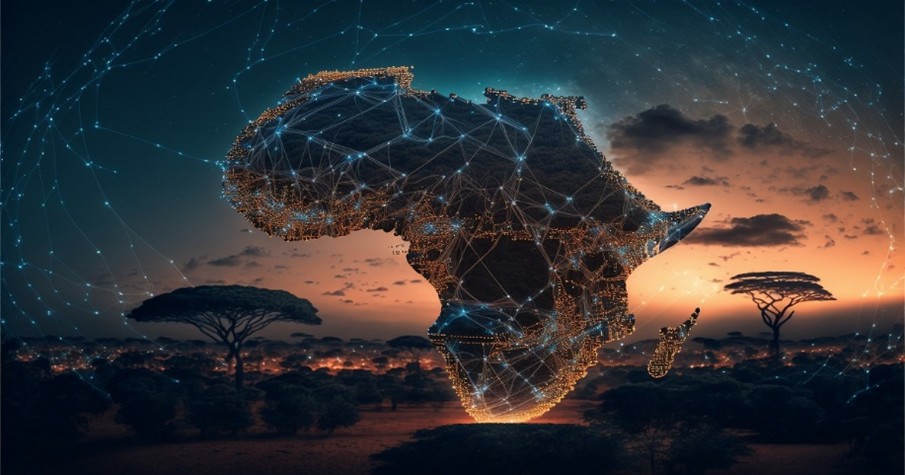South Africa’s public service needs an adequate tech-skilled workforce that is capable of having the capacity to handle an evolving social landscape. According to academic researchers South Africa’s public service workforce lacks some of the technology essential for progressing to the Fourth Industrial Revolution (4IR). Despite the drive of government officials to implement these technologies, they struggle to apply them to enhance public administration and recognize how these can be used to optimise the efficiency of the state.
This is based on insights from professor Mashupye Herbert Maserumule, who led a study of the skills and competencies required for the public service in a changing world. The study, done at the behest of the Public Service Sector Education and Training Authority (PSETA), in partnership with the Tshwane University of Technology’s Institute for the Future of Work, seeks to respond to concerns raised in the National Development Plan (NDP). The NDP highlighted that planning for skills development in SA’s public sector was inadequate to build a capable and developmental state. According to the study, officials in government departments that interact directly with citizens lack the technologies and tools essential to take advantage of the new breakthroughs.
For example, they did not know how big data, artificial intelligence (AI), robotics, or the automation of public administration could be used to improve public service.
The focus for the country’s functioning civil service should be on promoting training from central management to low-ranking government employees. Professor Maserumule is right to argue that Pretoria through the provinces should focus on improving the capacity of tertiary education and training to manage the transition in government institutions to AI, analytical data and other forms of this technology such as super computers and robotics. Education in management of the new technologies that have emerged to take the place of the old methods should be a chief priority for the administration of President Cyril Ramaphosa. The path to better serve South African citizens is to be better equipped to understand these new technologies and sciences.
AI for example can be used to oversee corruption in the civil service. The public sector in terms of health, the police and fire services can better serve the people they are meant to treat, keep safe and save.
“In Africa, we have almost 2 000 languages. We cannot speak about one language in Africa because our continent is diverse and we cannot have a one-centric AI model. That’s why I always stand for localising AI models and thinking about an African-led AI design,” she said. Jouini said in Africa, technology is not only about following trends, but should prioritise functionality and inclusivity, making life easier for everyone, not just the elite. Maha Jouini, vice-president of African & Francophone Agency for AI. She called for a more inclusive approach to AI and its governance, emphasising the need to discuss these issues in local languages. To bridge the gap, she initiated AI training programmes in Arabic for underserved communities.
“True democratisation of tech policies starts in non-urban areas, requires multilingual approaches and prioritises user voices over expert opinions. We need inclusive, multidisciplinary solutions that amplify diverse perspectives, not just top-down advice.”
All continents on Earth that have multiple languages and dialects. Communication through AI is a significant cause of concern when they are expected to be programmed with the languages of their respective region. Once again education is the key. Especially when it comes to inclusion. For African governments such as Pretoria the priority should not be on keeping up with the latest tech trends but to prioritize what is functionable and inclusive for their peoples. It should not be about continuing with the status quo or the usual practices of the business and ruling elite. The decision of Jouini of African & Francophone Agency for AI to begin initial stages of having AI training programmes in other languages such as Arabic is the mark of reaching out to other linguistic groups within the continent.
The rural areas are a main target group in connecting economically and in terms of communication with the rest of the African continent. Multilingualism while prioritising the regional dialects of nations concerned will go a long way in linking South Africa with the wider African community.
Article written by:
Yacoob Cassim
Journalist at Radio Al Ansaar






